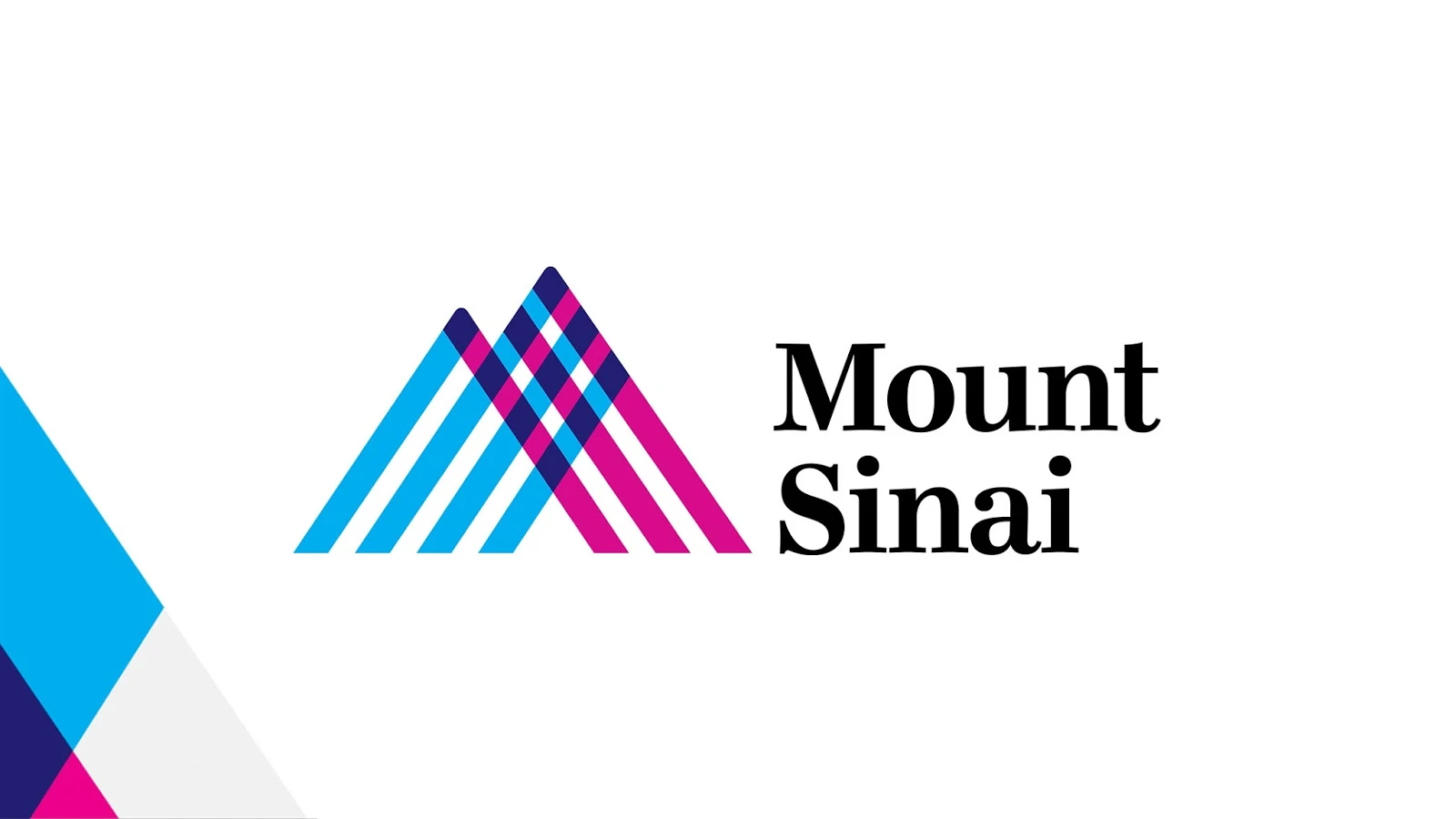California Prime Recovery Information
Treatment
Who We Treat
- Teens / Adolescents
- Adolescents
- Male and Female
- LGBTQ+
- Professionals
- Veterans
Treatment Focus
- Alcohol
- Drug Addiction
Approaches
- 12-Step-Based
- Individual Treatment
- Evidence-Based
- Twelve Step
- Attachment-Based Family Therapy
- Cognitive Behavioral Therapy (CBT)
- 1-on-1 Counseling
- Art Therapy
- Mindfulness-Based Cognitive Therapy
- Eye Movement Therapy (EMDR)
- Medication-Assisted Treatment (MAT)
Conditions We Treat
- Depression
- Anxiety
- Bipolar Disorder
- Grief & Loss
- Codependency
- ADHD/ADD
- Pornography Addiction
- Grief and Loss
- Anger
- Bipolar
- Gambling
- Co-Occurring Disorders
Substances We Treat
- Alcohol
- Benzodiazepines
- Chronic Relapse
- Heroin
- Opioids
- Cocaine
- Methamphetamine
Languages
- English
- Spanish
Aftercare
- Intensive Outpatient Program
- Aftercare Group Therapy
Level of Care
- Outpatient
- Intensive Outpatient Program (IOP)
- Day Treatment
- Outpatient Detox
- Virtual & In-Home Care
- Detox
- Sober Living
Experience
Personal Amenities
- Air-Conditioned Rooms
- Shared Bathroom
- Shared Rooms
Off-Site Activities
- AA/NA Meetings
Special Considerations
- Pet Friendly
- Executive Program
Additional Locations
California Prime Recovery Accepts The Following Insurance Plans
Find the best treatment options. Call our free and confidential helpline today!



























